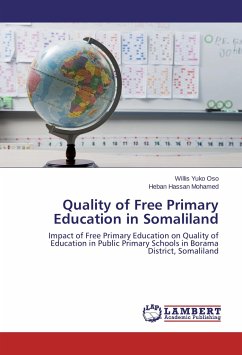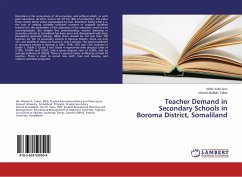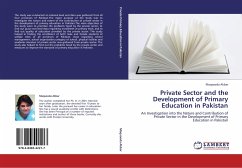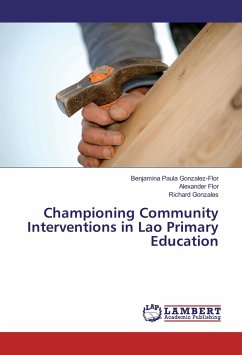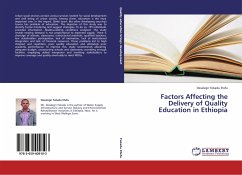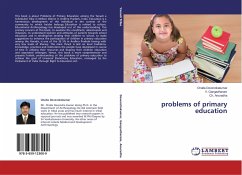About 20% of global income growth is traceable to basic education. On this premise, FPE was launched in 2000. Due to introduction of FPE, enrollment in primary education in developing countries reached 90% in 2000. In Somaliland, primary school enrollment rose from 21% to 53.07% between 2010-2013. In Borama district, primary school enrollment rose from 30% to 59.9% between 2010-2013. Despite the increase, impact of FPE on quality of education in public primary schools had not been investigated. Guided by TQM Theory, and using cross-sectional survey, the study investigated the impact of FPE on quality of education in public primary schools in Borama District. Data was collected from 195 teachers and head teachers, and analyzed using chi square. Teacher characteristics ( 2 [4, N = 163] = 75.252, p = .000), teaching/learning materials ( 2 [4, N = 163] = 103.472, p =.000, C = .623), learning environments ( 2 [3, N = 163] = 102.429, p = .000, C = .621) and teaching/learning processes ( 2 [4, N = 163] = 58.325, p = .000, C = .808) had significant effect on the quality of education. The study concluded that FPE had lowered quality of education in public primary schools in Borama District.
Bitte wählen Sie Ihr Anliegen aus.
Rechnungen
Retourenschein anfordern
Bestellstatus
Storno

